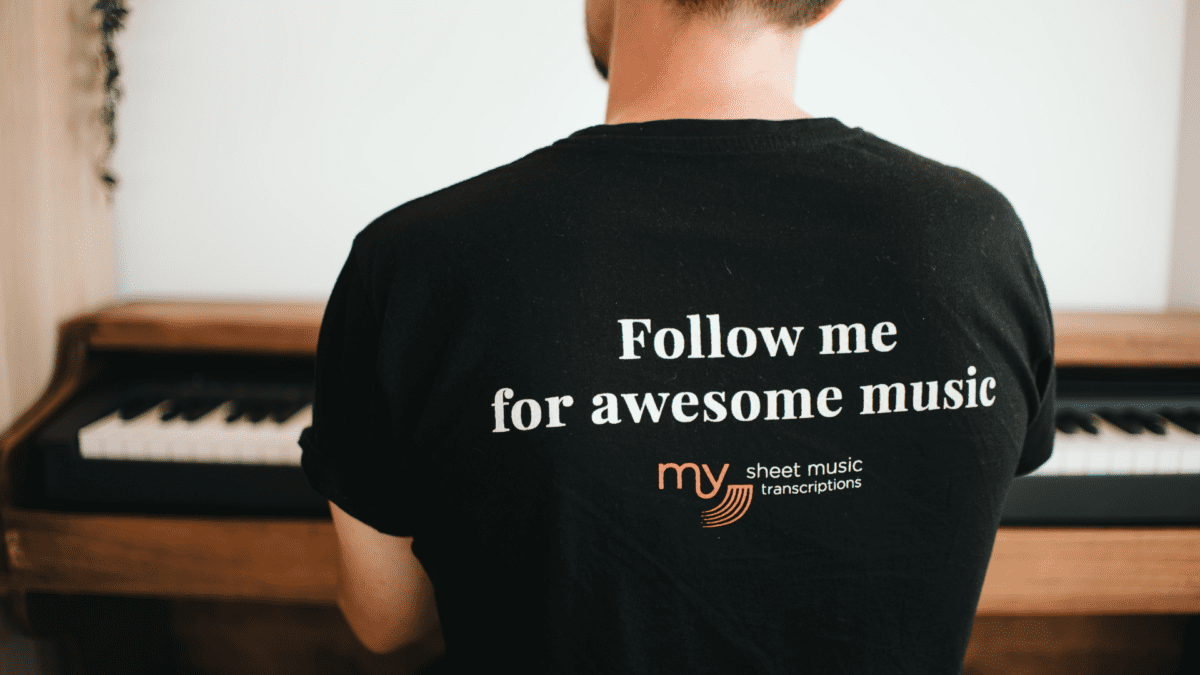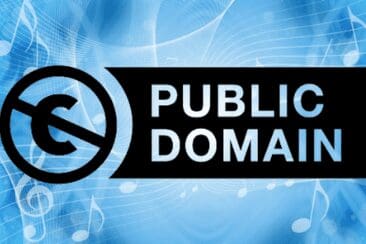As a musician, you will really need to get to grips with what a mechanical license is. Moreover, it will come into play when a record label or artist like yourself wants to reproduce and distribute a copyrighted musical work. This relates to physical formats such as CDs, vinyl records, as well as cassettes. Furthermore, it relates to digital formats such as downloads and streaming.
What Is A Mechanical License?
A mechanical license is a type of permission that must be obtained from a copyright holder. This ensures you can reproduce and distribute copyrighted musical works. This includes the reproduction of musical works on physical media, such as CDs, cassettes, and vinyl records, as well as digital downloads and streaming services.
This type of license grants the licensee the right to reproduce and distribute the copyrighted work. The license also sets the terms and conditions under which the reproduction and distribution may take place.
The video below can explain further what a mechanical license is.
What Is The Procedure To Secure A Mechanical License?
There are some pointers we can give you to ensure that this process runs as smoothly as possible. We thought we would share these with you below;
1. Determine the copyright owner of the song you wish to license.
2. Contact the copyright owner and negotiate a mechanical license agreement.
3. Prepare a mechanical license agreement that outlines the terms of the license.
4. The license agreement will need to be signed by both parties.
5. Pay the mechanical royalty fees as outlined in the mechanical license agreement.
6. Submit the mechanical license agreement to the appropriate performing rights organization (PRO).
7. All mechanical royalty payments should be made on time as outlined in the mechanical license agreement.
PRO
We mentioned a PRO above, but do you know what one is? A PRO (Performance Rights Organization) is an organization that collects royalties on behalf of songwriters, composers, and music publishers for the use of their copyrighted works. PROs are responsible for tracking the use of music and in addition ensuring the appropriate royalties are being paid to the copyright holders. They also provide services such as copyright registration, licensing, and dispute resolution.
What Happens If You Do Not Secure a Mechanical License?
If you do not secure a Mechanical License in the music industry, you could be liable for copyright infringement.
Therefore, you could be sued for damages by the copyright holder and may be required to pay hefty fines or even face criminal charges.
Additionally, you could be subject to an injunction that would prevent you from distributing or selling your recording.
What Is A Compulsory License?
How does a compulsory license differ from a mechanical license you may ask?
So we now know that a mechanical license grants the right to reproduce and distribute copyrighted music. It is obtained from the copyright holder or their representative, such as a music publisher. The copyright holder sets the terms of the license, including the royalty rate for each reproduction.
However, in comparison, a compulsory license is a government-mandated license. This allows anyone to reproduce and distribute copyrighted music without the permission of the copyright holder. A license such as this is typically used for radio and television broadcasts, as well as for streaming services. The royalty rate is set by the government and is typically lower than the rate set by the copyright holder in a mechanical license.
Music Gateway & Licensing
Would you like to get in touch with Music Gateway to see how we can help you? Then please use this link to get in touch with us to discuss any opportunities such as Sync Licensing, Music Licensing, Music Clearance, Sync Libraries or Music Libraries, etc., you may want to take further.
You can book a call with Sam – Head of Sync Licensing – as a potential lead. We are always happy to talk to musicians like you. Please do get in touch.
Closing Thoughts About Mechanical Licenses
You will now appreciate how vital it is to secure a mechanical license to reproduce and distribute copyrighted music. It is illegal to reproduce someone else’s music without one, so ensure you follow the steps mentioned above. With the help of a company like Music Gateway, we are there every step of the way in terms of mechanical licenses. We look forward to hearing from you.










